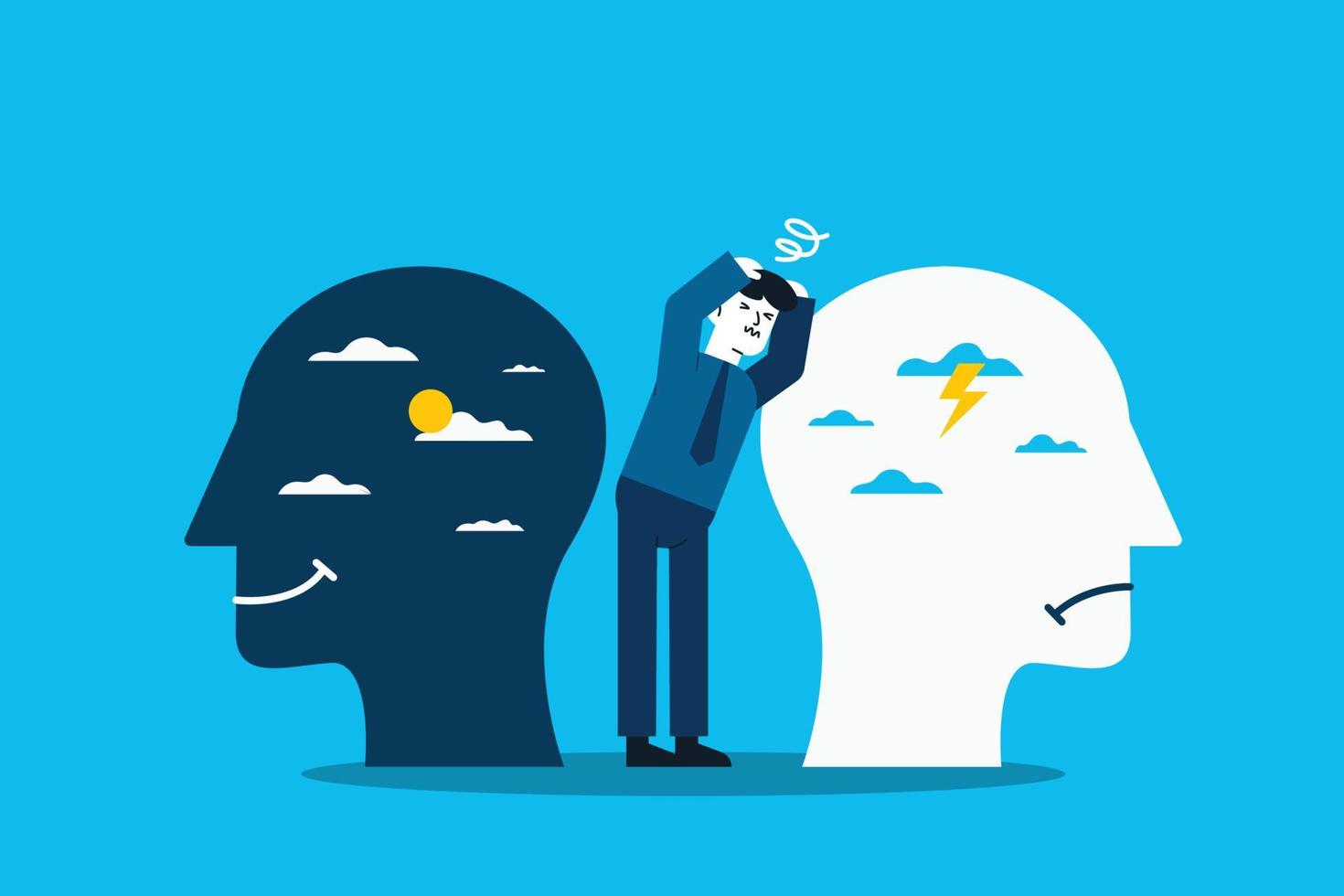
Learn how behavioural science can impact and elevate marketing strategy in part 2 of this blog.
Welcome to the second part of our journey into the fascinating world of behavioural science in marketing. In Part 1, we explored how behavioural science can shape consumer decisions through choice, anchoring, and the authority principle.
Now, let’s dive deeper into this realm and uncover more strategies that can elevate your marketing game.
Loss Aversion – Highlighting Potential Loss
Loss aversion is a psychological principle that suggests people perceive losses as more significant than gains.
In marketing, this principle can be harnessed through tactics such as offering discounts, free trials, scarcity alerts, referral links, and framing messages to emphasise potential losses.
By implementing these strategies, you draw attention to the potential loss a customer might experience if they don’t take action. This, in turn, makes your product or service more desirable.
The Endowment Effect – Fostering Attachment
The endowment effect is an emotional bias where individuals attribute greater value to items they own.
This bias stems from the fear of losing something they possess. In marketing, this effect can be leveraged to enhance customers’ sense of ownership and attachment to your business.
To utilise the endowment effect, consider implementing tactics such as visualisation, personalisation, haptic imagery, and follow-ups in your marketing strategy.
These techniques help customers envision themselves using your products or services, creating a stronger sense of ownership.

“[Endowment effect]… stems from the fear of losing something they possess. In marketing, this effect can be leveraged to enhance customers’ sense of ownership and attachment to your business.
Social Proof – Peer Influence & Popularity
Have you ever heard the saying, “People are sheep”?
This notion is at the core of social proofing, a concept widely used in marketing.
Social proofing reflects an individual’s tendency to mimic the behaviour of their peers and use others as a reference point to influence their decisions.
One effective way to harness social proof is by showcasing the popularity of your product or service.
You’ve likely encountered pop-ups on e-commerce websites that display messages like, “X others bought this in the last hour.”
This tactic not only simplifies the decision-making process for consumers but taps into the fear of missing out (FOMO).
Quality Not Quantity – Trustworthy Reviews
While quantitative data matters, quality reviews can have an even more significant impact on influencing consumer decisions.
Online reviews and ratings provide potential customers with insights into past customer experiences. As individuals, we often hesitate to be the first to try something new.
Customer reviews offer a safety net, allowing new customers to trust your business based on the opinions of others.
Sharing these reviews serves as social proof that your product or service is trustworthy, as proven by loyal customer testimonials.

“One of the fundamental factors in human decision-making is choice. Behavioural science reveals that presenting consumers with too many choices can overwhelm them, leading to decision paralysis.”
Who Bought This Item Also Bought – Harnessing Herd Mentality
Many e-commerce websites employ the, “Customers who bought this item also bought…” strategy.
This technique capitalises on the human tendency to “follow the herd.”
By recommending products or services that similar customers have purchased, you reassure prospective buyers that they’re making the right choice.
These recommendations guide customers through the buying journey, encouraging them to increase their basket spend and align themselves with the “herd.”
The Next Step – Applying Behavioural Science
Understanding behavioural science in marketing is a vital step in crafting successful campaigns.
By applying the principles of choice, anchoring, the authority principle, loss aversion, the endowment effect, and social proof, you can strike the right chord with your customers.
Now that we’ve equipped you with these insights, it’s your turn to harness the power of behavioural science in your marketing strategies.
Are you still uncertain about where to begin?
Why not partner with Sales Drive UK?
Our digital marketing experts have harnessed their behavioural science knowledge to boost conversions and attract audiences for numerous clients across the world.
Click below to get started.
